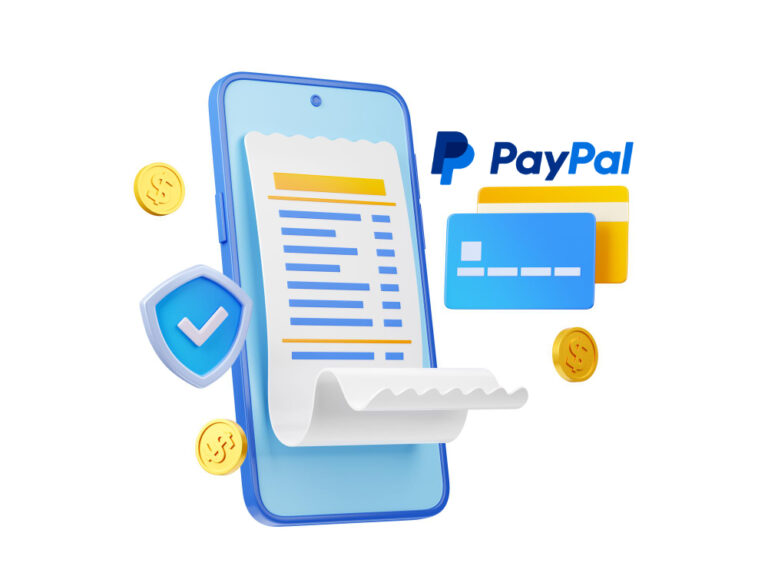The fintech world never ceases to evolve, and the latest headline grabbing the spotlight is PayPal’s launch of its very own stablecoin, PYUSD. For a platform that has been synonymous with digital payments for nearly two decades, this move isn’t just evolutionary – it’s revolutionary. But what does this mean for PayPal, its vast user base, and the broader financial ecosystem? Let’s delve deeper.
Understanding PYUSD: More Than Just a Coin
At its core, PYUSD is a stablecoin. This means that unlike cryptocurrencies such as Bitcoin or Ethereum, its value is pegged to a stable asset, likely the U.S. dollar. In essence, 1 PYUSD will always equate to 1 USD, providing users with the decentralization of cryptocurrency without the notorious volatility.
Why This Move is Monumental for PayPal
- Stepping into Decentralized Finance (DeFi): By launching PYUSD, PayPal isn’t just introducing a new product; it’s making a grand entry into the world of DeFi, marking its territory in a domain dominated by newer players.
- Strengthened Trust: For the everyday user, cryptocurrency can be daunting. However, with a trusted name like PayPal backing PYUSD, many might feel more at ease diving into digital assets.
- Global Transactions Reimagined: With a stablecoin, cross-border transactions can become faster, cheaper, and more efficient, eliminating traditional banking delays and fees.
What Does PYUSD Signal for the Future?
- Mainstream Crypto Adoption: PayPal’s entrance into the stablecoin arena signals a broader acceptance and integration of cryptocurrencies into traditional financial infrastructures.
- A Challenge to Competitors: PYUSD could be seen as a direct challenge to other stablecoins in the market, such as USDC or USDT. The competition might drive innovation and improved user benefits.
- Regulatory Implications: With a giant like PayPal launching its own stablecoin, regulatory bodies might accelerate defining clear frameworks and guidelines for stablecoin usage and security.
Conclusion:
PayPal’s PYUSD isn’t just another stablecoin; it’s a statement. A statement that the worlds of traditional finance and decentralized finance are not parallel universes, but rather intricately connected realms that will continue to influence each other. As PYUSD rolls out and finds its place among established digital assets, one thing is clear – the financial landscape is witnessing a transformation, and PayPal is ensuring it remains at the helm of this change.



Comments are closed.